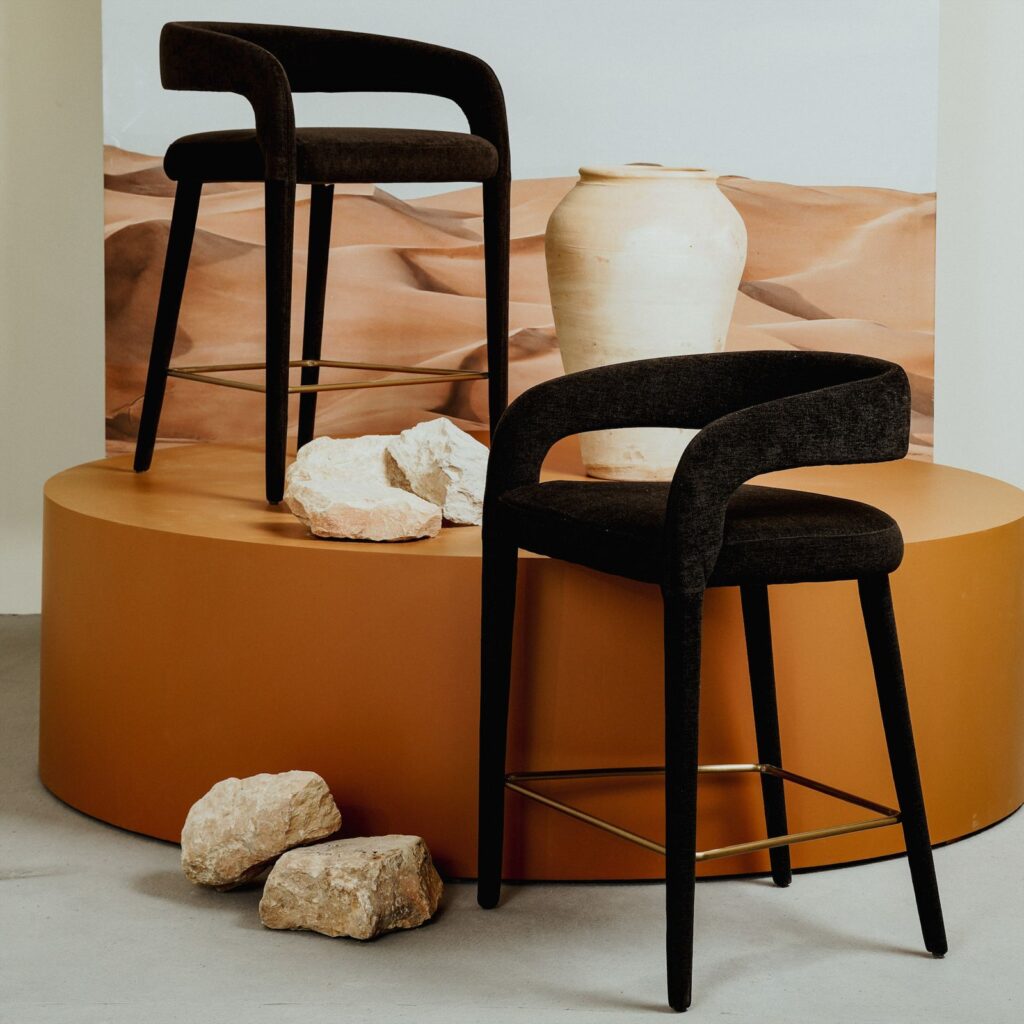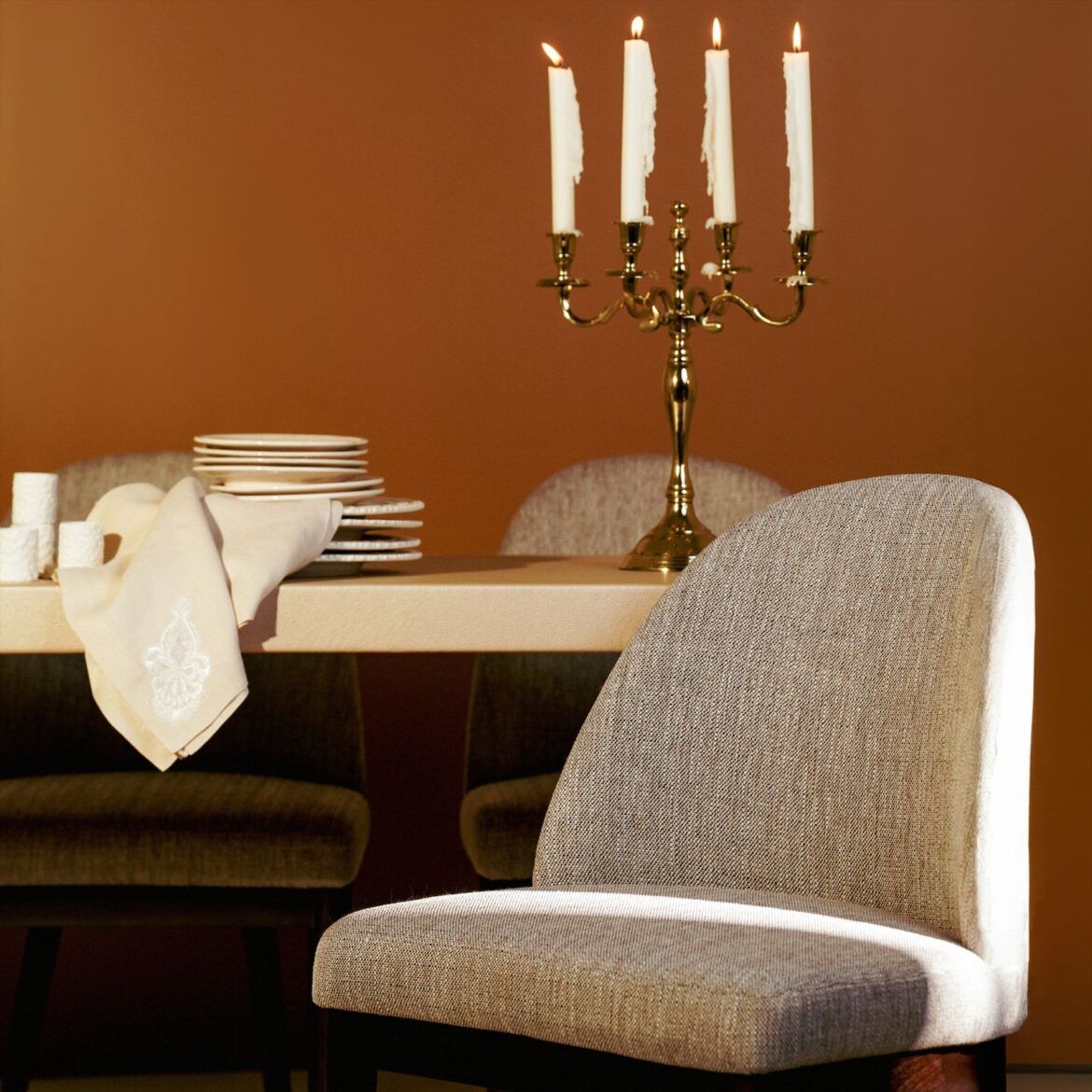As Saudi Arabia advances its Vision 2030 goals, there is increasing pressure to reassess how infrastructure and temporary environments are delivered. The circular economy promotes resource efficiency by encouraging reuse over disposal. Within this model, procurement strategies based on ownership and storage become harder to justify, particularly when items are only used once before being removed or discarded.
This linear approach also adds cost, delays delivery and contributes to unnecessary material waste. In response, furniture rental is gaining traction as a more flexible and resource-conscious alternative, particularly in sectors where the demands on space, speed and spending are constantly evolving.
Budgets, Procurement, and Risk
In industries such as hospitality, exhibitions, residential staging and temporary retail, access to premium furniture is essential. But ownership isn’t always the most cost-effective path.
Flexible rental structures allow businesses to access high-quality furnishings for a fraction of the upfront cost. In some cases, a full month’s use can cost the same as just one week of hire, making longer engagements more viable. Rather than tying up capital in depreciating assets, procurement teams can manage budgets more dynamically as timelines or scopes shift.
Industry benchmarks suggest rental can reduce furnishing costs by 60–80% compared to purchase and resale. In one government-led activation in Riyadh, the client reduced costs by over 60% by shifting from custom purchases to premium rental, while maintaining the required design integrity and delivery speed.
Short-term contracts still account for the majority of rental demand (typically 1–3 days), especially for weddings, summits and brand activations. However, longer-term hires, ranging from 4 to 30+ days, are becoming more common in seasonal hospitality events and exhibitions, offering improved cost-efficiency over time.
In time-sensitive scenarios, rental also reduces project risk. In one case, a major activation was delayed due to overseas shipping issues. The rental agreement was extended at minimal additional cost, enabling the project to continue without further disruption.
Logistics and Local Responsiveness
Alongside cost, project speed and reliability are central considerations, especially in Saudi Arabia’s fast-paced events and destination development sectors. Procurement cycles involving purchased furniture are often slowed by international shipping or limited stock availability. Rental providers with local infrastructure help reduce these risks. When delivery and setup are handled by a single source, execution becomes more predictable and timelines more manageable. This is particularly relevant when schedules shift or specifications change close to delivery.
Some providers now fulfil large-scale orders within 48–72 hours, with weekly capacity ranging from 8 to 10 major activations, and up to 40 per month. For example, in a recent protocol-driven event, over 900 pieces of furniture were deployed within two days, sourced entirely from local inventory.
Saudi Arabia’s operating environment also presents specific cultural and logistical requirements that are best addressed by providers with on-ground knowledge. Local presence allows faster response to client workflows, documentation processes and venue-specific regulations, factors that are often overlooked by international suppliers without in-Kingdom teams.
Sustainability and Long-Term Impact
Beyond cost and delivery, the environmental impact of procurement is gaining more scrutiny. The circular economy encourages longer product lifespans and better use of materials. Furniture rental supports this by keeping items in circulation across multiple projects. Each piece is maintained, returned and reused, avoiding one-time-use cycles and reducing demand for new production.
This model is particularly relevant in temporary environments such as exhibitions or pop-ups, where furnishings are often used briefly before being discarded. Rental reduces material waste, limits unnecessary manufacturing, and supports broader ESG goals without requiring significant shifts in design or delivery standards. Industry data shows that many premium rental items are reused between 14 and 30 times before being refreshed or retired, depending on condition and use.
As large-scale development continues across Saudi Arabia, furnishing models must evolve to meet changing demands. Rental offers a measurable way to reduce costs and streamline project delivery while supporting sustainability objectives outlined in Vision 2030.
When supported by the right infrastructure, furniture rental, offered by both specialist providers and integrated suppliers such as Lafeef, serve as a practical option for businesses that need flexibility and operational efficiency without committing to ownership.



